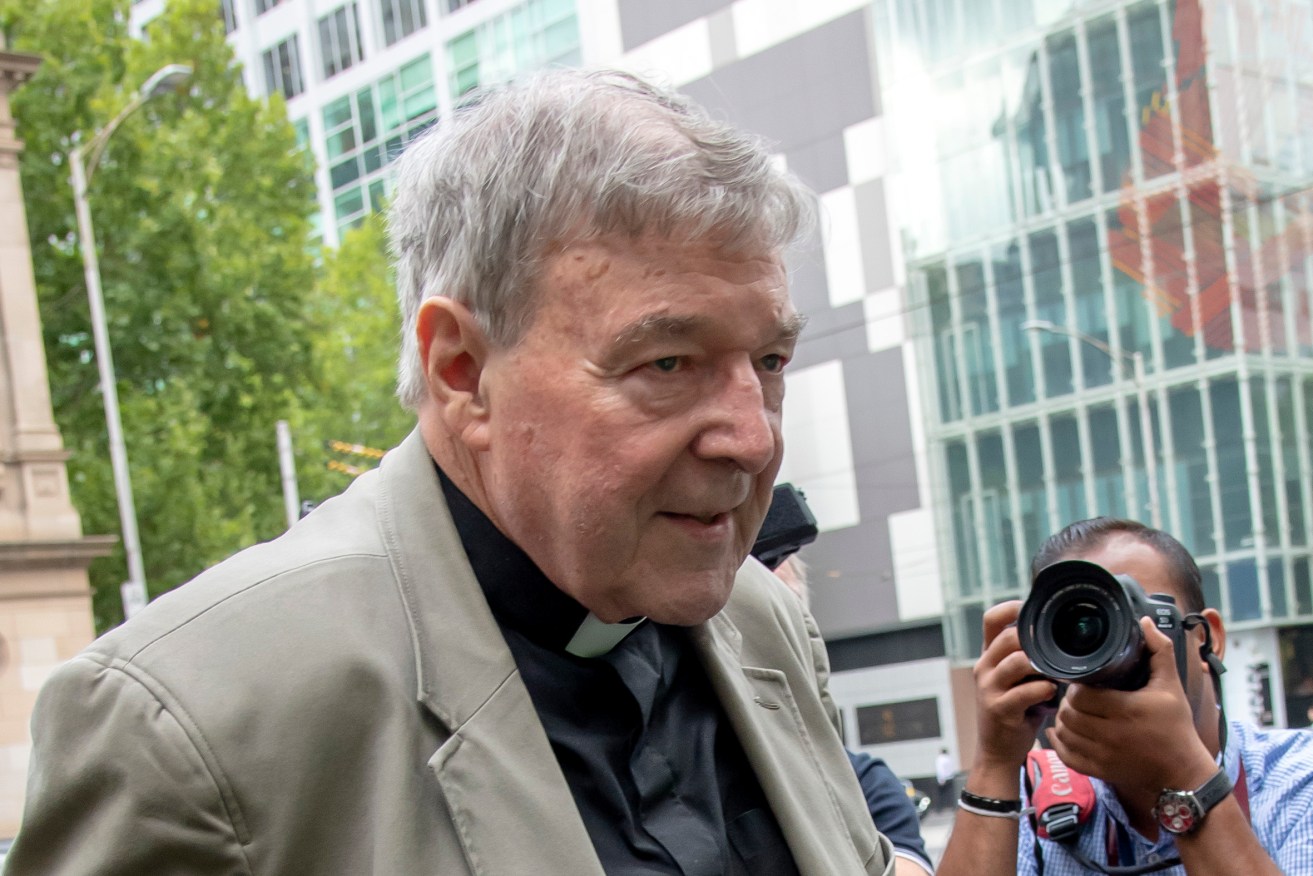George Pell freed – ‘not bitter’ after High Court quashes child sex convictions
Cardinal George Pell says he feels no ill will towards the man who accused him of child sexual abuse after the High Court today quashed his conviction.

George Pell will be released from Barwon Prison, near Geelong, after the High Court found his conviction should be overturned. (Photo: AP Photo/Andy Brownbill)
Pell said he had consistently maintained his innocence while suffering from a serious injustice, which had now been remedied with the High Court’s unanimous decision to overturn his convictions.
“I hold no ill will toward my accuser. I do not want my acquittal to add to the hurt and bitterness so many feel; there is certainly hurt and bitterness enough.”
The court unanimously found Pell’s conviction for child sex abuse should be overturned.
“There is a significant possibility that an innocent person has been convicted because the evidence did not establish guilt to the requisite standard of proof,” the full bench of seven judges said in their judgment, handed down in Brisbane, on Tuesday.
Pell will be released from Barwon Prison, near Geelong. He has spent more than 400 days behind bars.
He released a statement shortly after the decision, declaring the serious injustice he has suffered had been remedied.
“I hold no ill will to my accuser, I do not want my acquittal to add to the hurt and bitterness so many feel; there is certainly hurt and bitterness enough,” he said.
Pell said his trial was not a referendum on the Catholic Church or how Australian church authorities dealt with pedophilia.
“The point was whether I had committed these awful crimes, and I did not,” he said.
He thanked his family, advisers, friends and legal team for their support.
In December 2018, a jury found Pell guilty of five charges, accepting evidence of one complainant that the then-Archbishop of Melbourne had sexually abused him and another 13-year-old choirboy at St Patrick’s Cathedral in 1996.
One of the choirboys died in 2014, prompting the other to bring the allegations to police.
In an initial trial, a jury was unable to reach a verdict. The second jury was unanimous in its decision.
An appeal to Victoria’s Court of Appeal last year was unsuccessful.
Pell has always maintained his innocence, a fact noted in the High Court’s 26-page decision.
He told Victoria Police officers in Rome in 2016 that the most rudimentary interviews with staff and choirboys would tell them the allegations were “fundamentally improbable” and “most certainly false”.
The High Court found the Victorian Court of Appeal majority – Chief Justice Anne Ferguson and President Chris Maxwell – had failed to engage with the idea that against a body of evidence, the complainant’s account was not correct.
They put aside the likelihood of two robed choirboys slipping away from the procession without being detected, as well as their ability to find altar wine in an unlocked cupboard and for Cardinal Pell to expose his penis through his ornamental robes.
Instead, they focused on the evidence that placed Pell at the front of the cathedral for at least 10 minutes after Sunday Masses in December 1996.
They pointed to the fact Pell was in the company of Monsignor Charles Portelli when he returned to the priest’s sacristy to remove his vestments and there was continuous traffic in and out of the sacristy for up to 10 minutes after the altar servers completed their bows to the crucifix.
A fifth conviction relating to a second alleged incident, in which the surviving choirboy claimed he was molested by Pell in a corridor, was also quashed.
“The assumption that a group of choristers, including adults, might have been so preoccupied with making their way to the robing room as to fail to notice the extraordinary sight of the Archbishop of Melbourne dressed ‘in his full regalia’ advancing through the procession and pinning a 13-year-old boy to the wall, is a large one,” they said.
“The capacity of the evidence to support the verdict on this charge suffers from the same deficiency as the evidence of the assaults involved in the first incident.”
-Karen Sweeney, AAP












